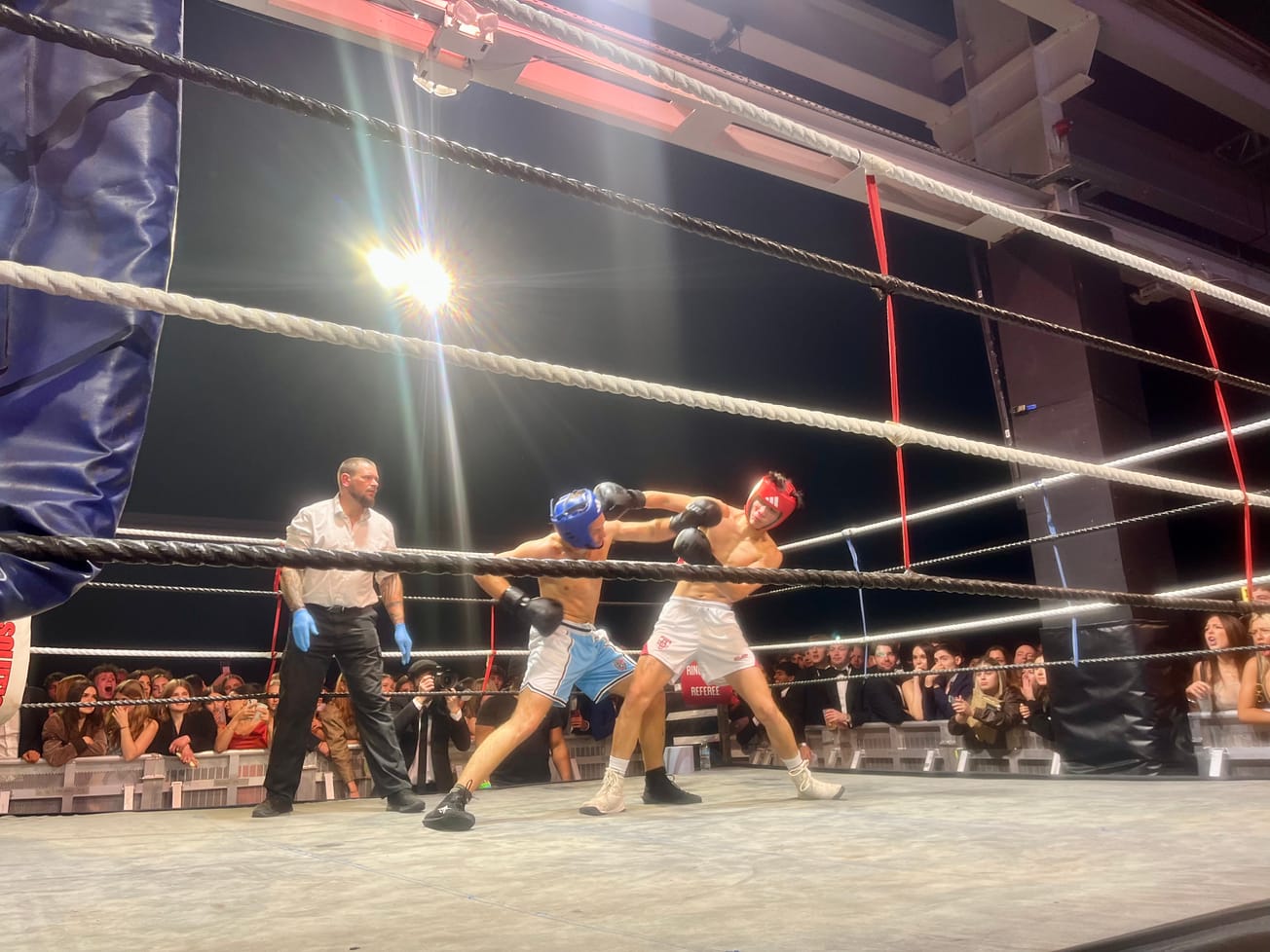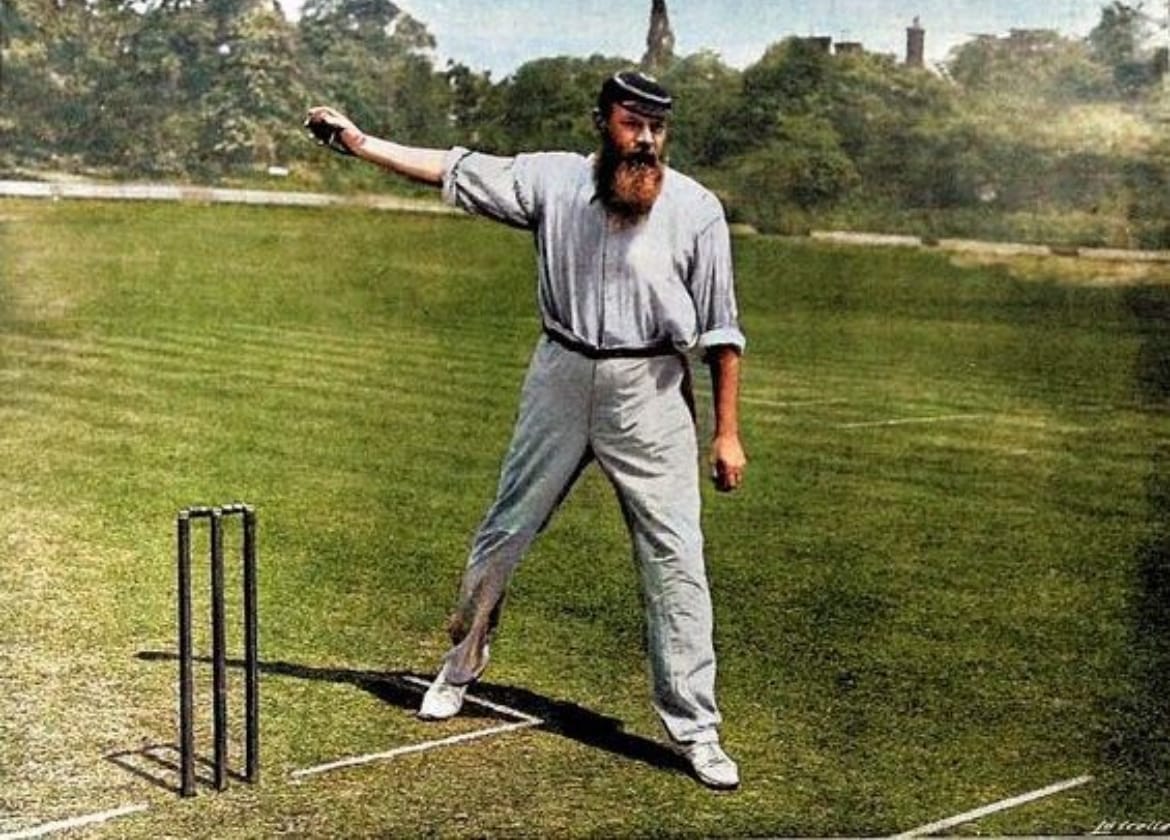By Kieran Warren, Sport Deputy Editor
Before the Covid-19 pandemic swept the nation, korfball was a prominent and popular sport at the University of Bristol, providing home to one of the strongest university teams within the UK. When the pandemic hit, however, demand for playing korfball, alongside all other sports, plummeted due to lack of on-campus attendance.
Korfball is a hybrid of basketball and netball; it consists of two teams of eight players, with four attackers and four defenders, two boys and two girls will play defence and another two boys and girls will play offense on the other side of the court, players switch roles every three points. the aim of the game is to score as many points as possible by shooting into a netless basket. The team prior to covid and after were strong participants within BUC’s which has ten teams in each sector which is separated by geographical location. The top placing teams progress to the championship rounds. Before the pandemic, the University of Bristol displayed skill and confidence within the sport, reaching international tournaments in consecutive seasons and even having players who represented their country internationally.
The damage that Covid-19 had done to the team was evident when I joined the ranks in the 2021/22 season, as the club had struggled to field its original two teams, resulting in the abolition of the second team in its entirety after a few months of the season. Seemingly on a downward trajectory, the club resorted to drafting alumni to help boost the quality of the first team. With a total of thirteen players, alumni excluded, the club showed fight within the domestic leagues and was invited to play in the Attila tournament in Eindhoven. This was a major achievement for the club considering the sheer lack of numbers.
The following 2022/23 season would be marked by the revitalisation of the University of Bristol’s korfball scene as there was an influx of students eager to play the traditionally Dutch sport. The rise in interest allowed the club to field two teams for the British Universities and Colleges Sport (BUCS) leagues. A series of impressive performances was evidenced by the club’s first team who finished second place in the league, qualifying for a shot at the championship, whilst the club’s second team came in a respectful seventh place.
Alongside the club’s achievements, the BUCS korfball team also succeeded on an individual front, with players Alice Lomas and Lizzie Tighe earning the joint-female ‘Most Valuable Player (MVP)’ award for the first rounds. In addition to this, Jonny Potter finished as the joint-male top goal scorer.
Interest for playing korfball at the University of Bristol continued to rise heading into the 2023/24 season with another wave of fresh-faced students eager to play the sport, both at intramural and competitive levels.
The quality of the BUCS squad has improved season upon season; this year the first team have won the BUCS preliminary rounds, whilst the second team came sixth in their respective league. The Bristol squad was yet again successful in winning the individual awards, taking home the joint-female MVP in Amy Bennett and Lizzie Tighe who also won the joint-top female goal scorer.
For the korfball scene at the University of Bristol, the prospect of recovery in the aftermath of the pandemic seemed dull and gloomy, however, despite struggling for funding, the club has shown incredible resilience and grit. The use of social media platforms such as Instagram, Facebook and TikTok, has boosted popularity and encouraged lots of students to start playing the sport, helping to transition korfball at the University of Bristol back to the days of success it once knew.
Featured image via @bristolunikorf (Instagram): team logo for University of Bristol Korfball Club (BUKC)
Has reading this article inspired you to join UoB’s korfball team?









